Black Power/White Churches
Annual Film Series
Why Black Power?
There is a real frustration felt by historians and civil rights advocates when popular understandings of the civil rights struggles in the United States are discussed. Often our public schools are the only "in-depth" point of contact many folks have with the movement for rights and dignity led by and for people of color, and African-Americans in particular. These discussions often hyper-focus on the work of Rev. Dr. Martin Luther King, Jr. in non-violent direct action, while barely including a footnote about the Black Power Movement and the work of black nationalists.
Dr. Jennifer Harvey, in her book Dear White Christians, discusses the detrimental effects on the souls of white folks when we exclusively focus on Dr. King's reconciliation perspective without honestly considering the call for reparations made by the Black Power movement. Inequality and discrimination have material consequences, as well as psychological and emotional ones; inequality becomes solidified in terms of who has been able to amass wealth, who has been able to pass wealth on to their children, and who has been able to leverage the justice system to defend their wealth.
The Black Power Movement was defined by its focus on the material disparities that resulted from the enslavement of people of African descent, as well as the subsequent second-class status of their descendants for generations. Black Power has much to teach us in the 21st century about what it will require for the United States to be honestly healed from its racist legacy.
Why White Churches?
Dr. Harvey's work speaks directly to white Christians because of our unique position in American culture. We are both inheritors of un-earned advantage because of our race and religious identity AND we are called by Jesus to respond to the material disparities in our communities and the world. Often white Christians are engaged in charitable work and mission that addresses symptomatic issues such as hunger and homelessness, yet this work rarely lifts up the systemic causes of these problems.
If we are going to follow the Jesus we find in Scripture, we must be willing to challenge the systems and structures that produce generational poverty and take responsibility for our lack of information on the material lives of our neighbors.

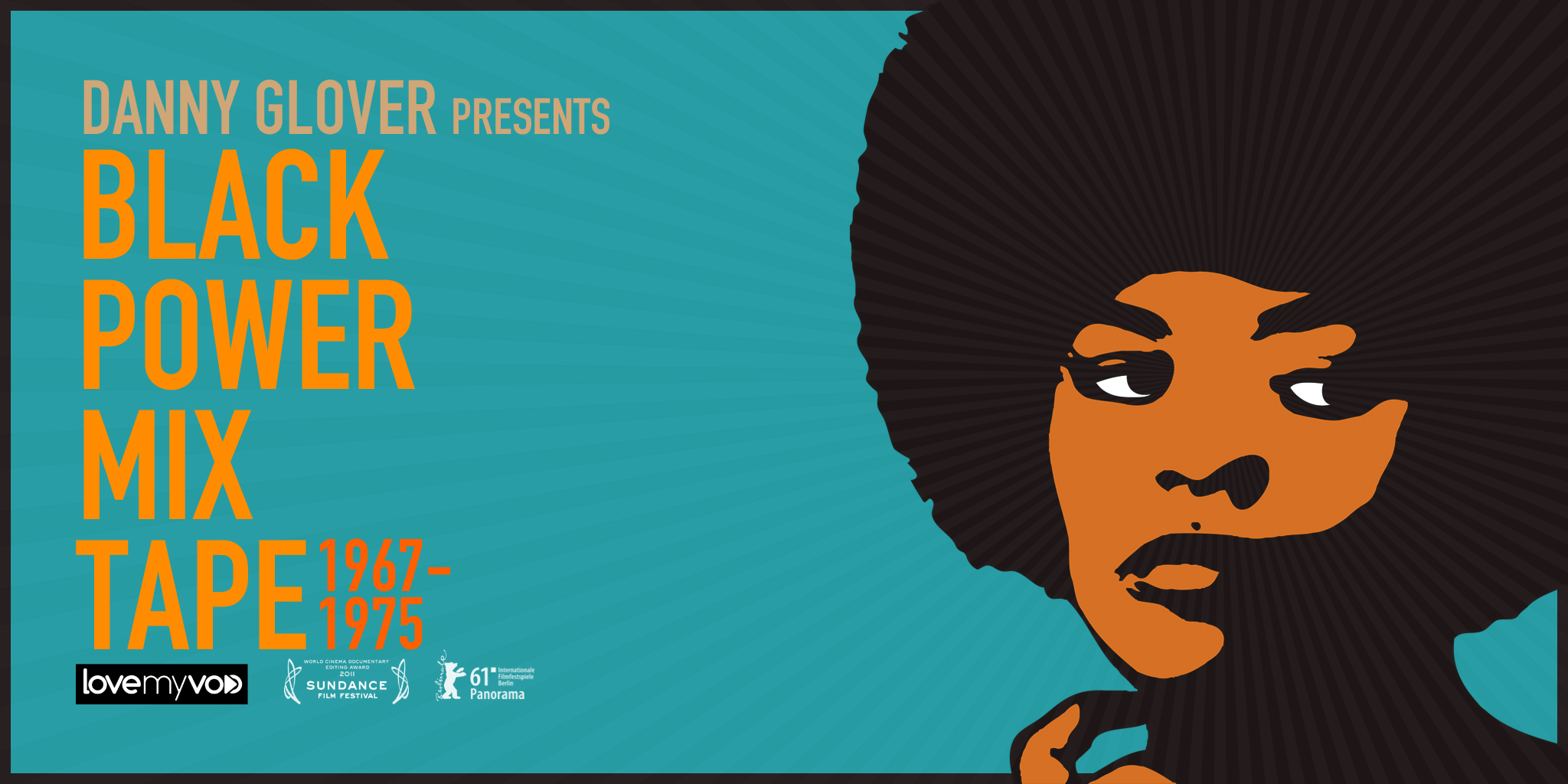
2016 Series: What Is Black Power?
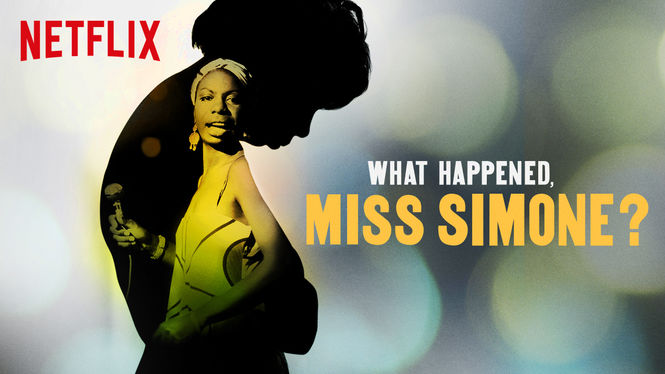
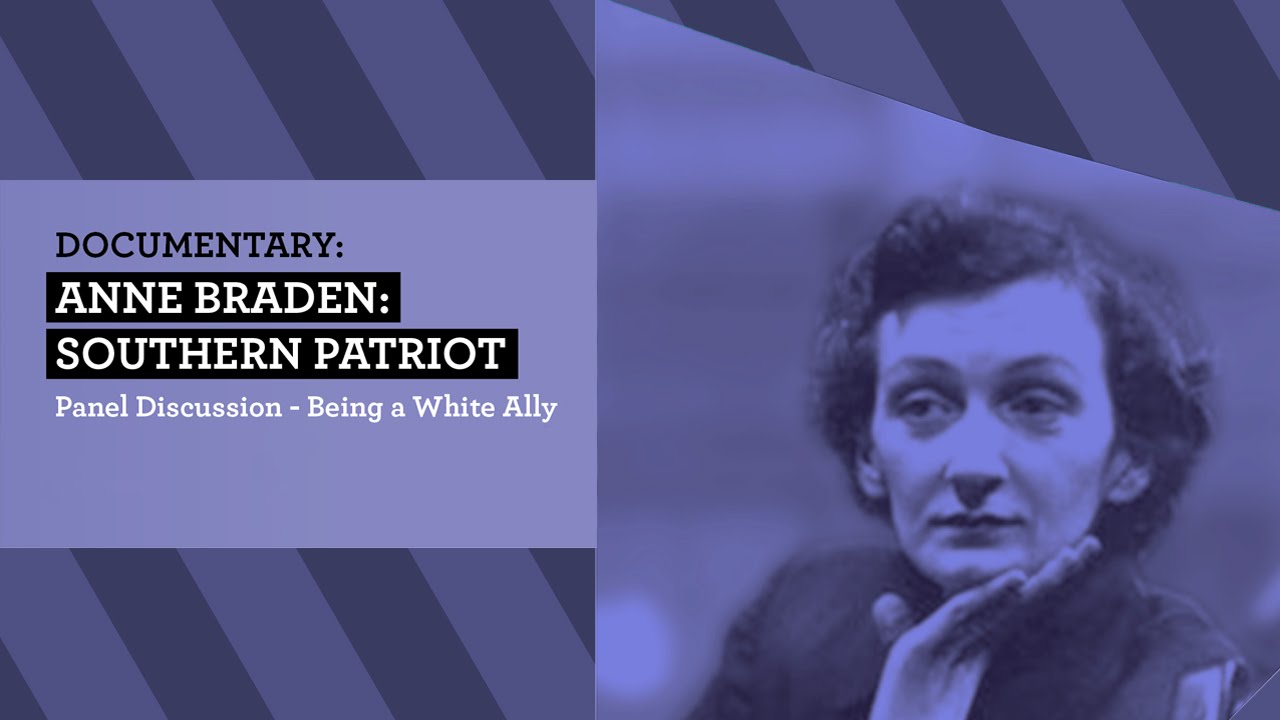
In our inaugural year, we chose four films that explored the nuance and complexity of the struggle for civil rights and the role of Black Power activism.
We started with Selma, asking,
" why do white churches love non-violence?"
With What Happened, Miss Simone, we asked,
"why are white churches so afraid of Black Power?"
Black Power Mixtape led to the question,
"how can white folks learn from Black Power today?"
Anne Braden: Southern Patriot pushed us further to ask,
"what does it mean to be a white ally in the work of racial reparations?"
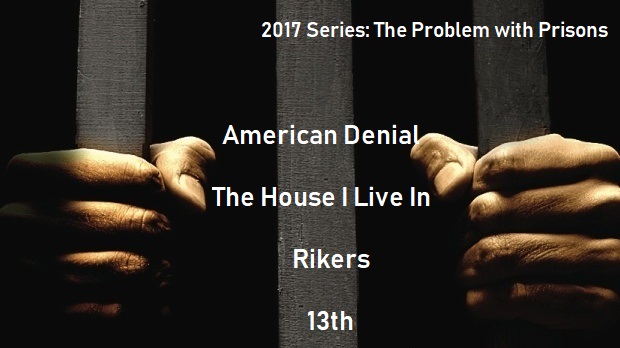
American Denial
Gunnar Myrdal’s investigation of Jim Crow racism reveals the power of unconscious biases and their impacts on notions of race and class today
The House I Live In
From the dealer to the narcotics officer, the inmate to the federal judge, a penetrating look inside America's criminal justice system, revealing the profound human rights implications of U.S. drug policy
Rikers
RIKERS provides powerful personal testimonies about the culture of violence and corruption that has plagued the notorious New York City jail for over three decades
13th
An in-depth look at the prison system in the United States and how it reveals the nation's history of racial inequality
2018 Theme: Islam and the Struggle for Black Power
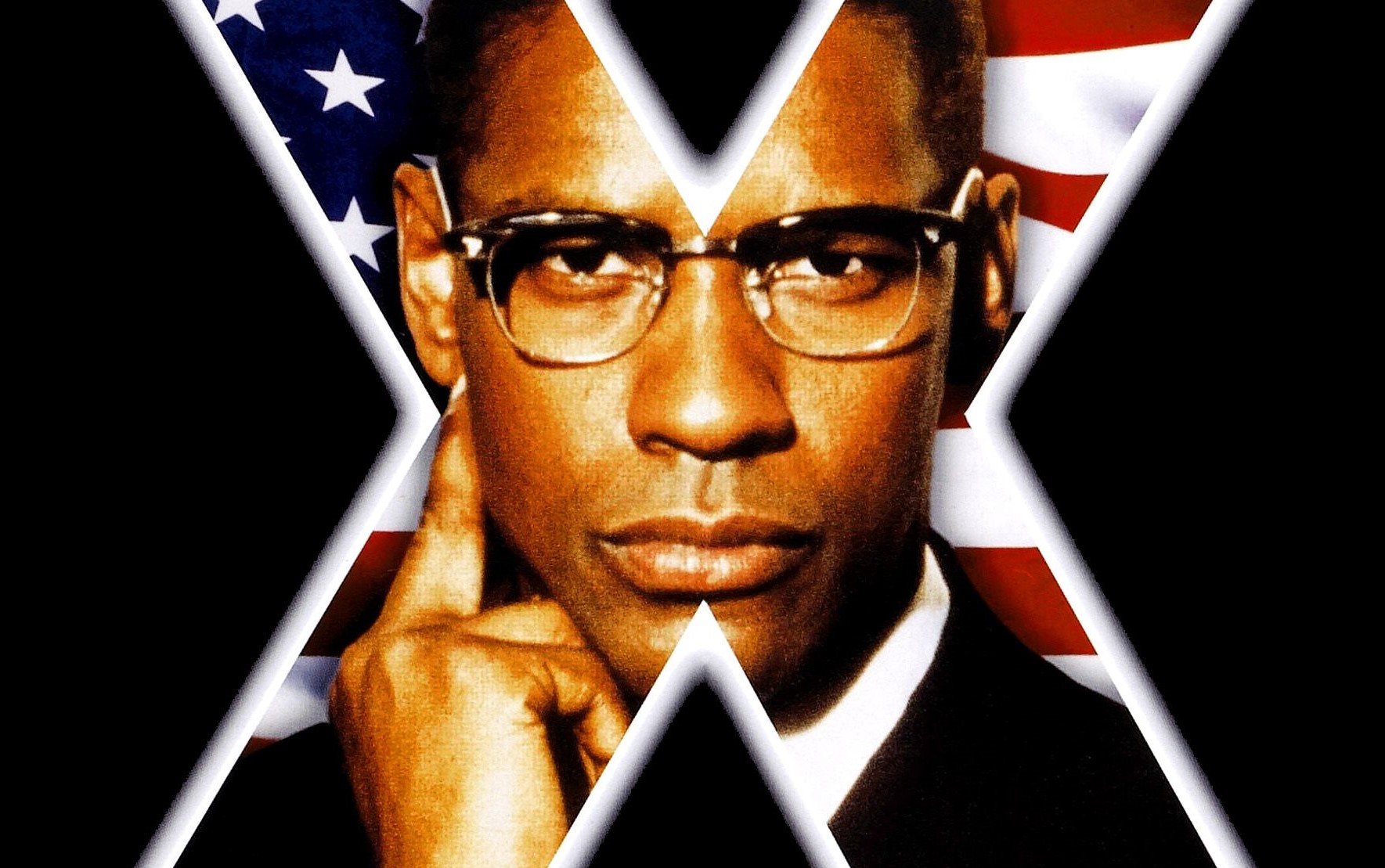

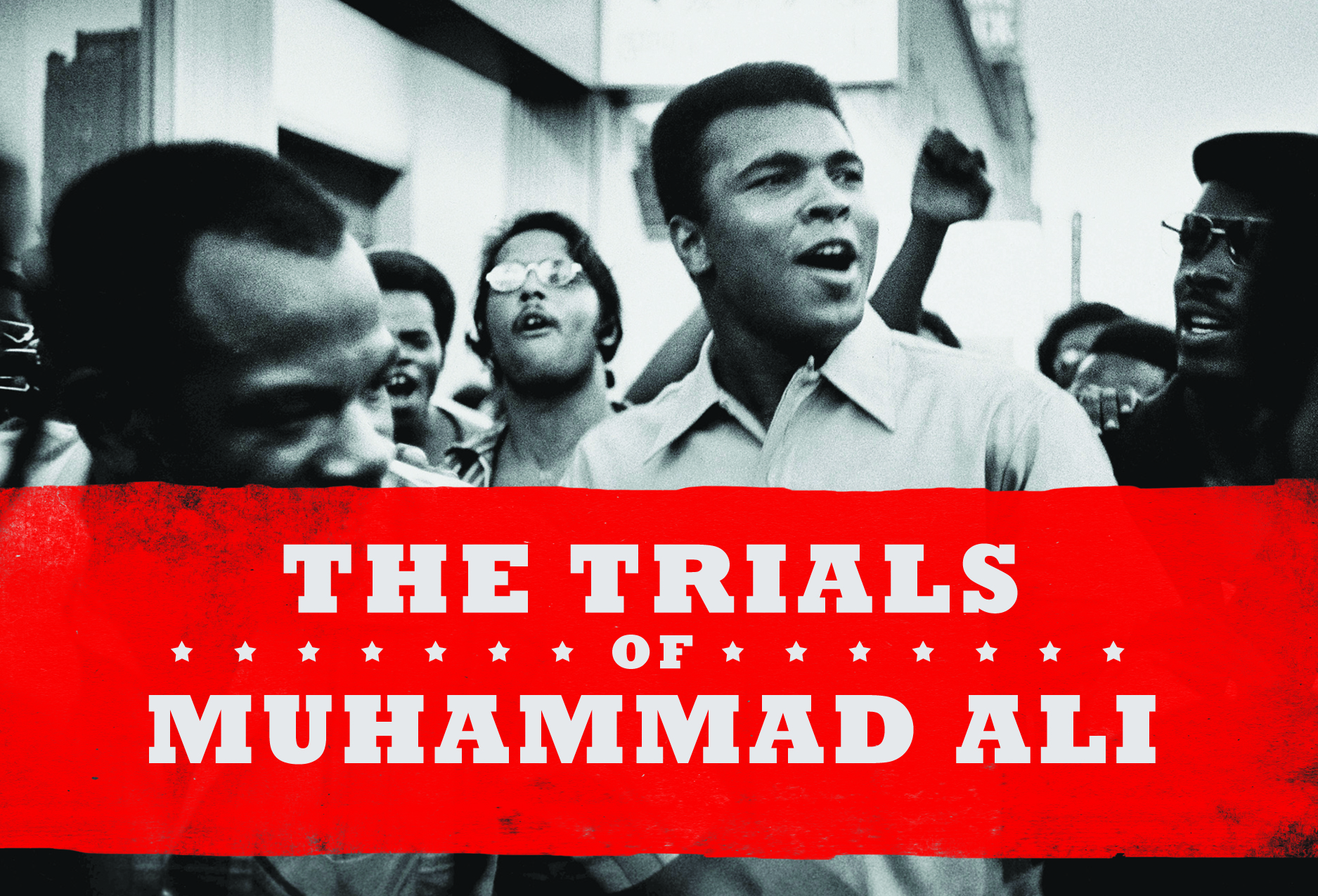
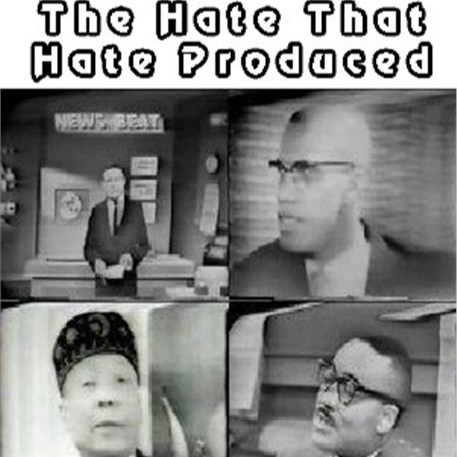
Malcolm X (1992)
Biographical epic of the controversial and influential Black Nationalist leader, from his early life and career as a small-time gangster, to his ministry as a member of the Nation of Islam.
The Trials of Muhammad Ali (2013)
The legal battles of the great American boxer against being conscripted into the US military during the Vietnam War.
The Hate that Hate Produced (1959)
This 1959 documentary by Mike Wallace and Louis Lomax (the latter was a well-known Black journalist who died in 1970) is famous for introducing Malcolm X, Elijah Muhammad, and a young Louis Farrakhan to mainstream America. It explores, with some clear bias, the rise of Black Nationalist groups such as the Nation of Islam and the African Liberation Movement.
The Black Power Mixtape 1967-1975 (2011)
Footage shot by a group of Swedish journalists documenting the Black Power Movement in the United States is edited together by a contemporary Swedish filmmaker.
2020 Theme: Telling the Truth about Race
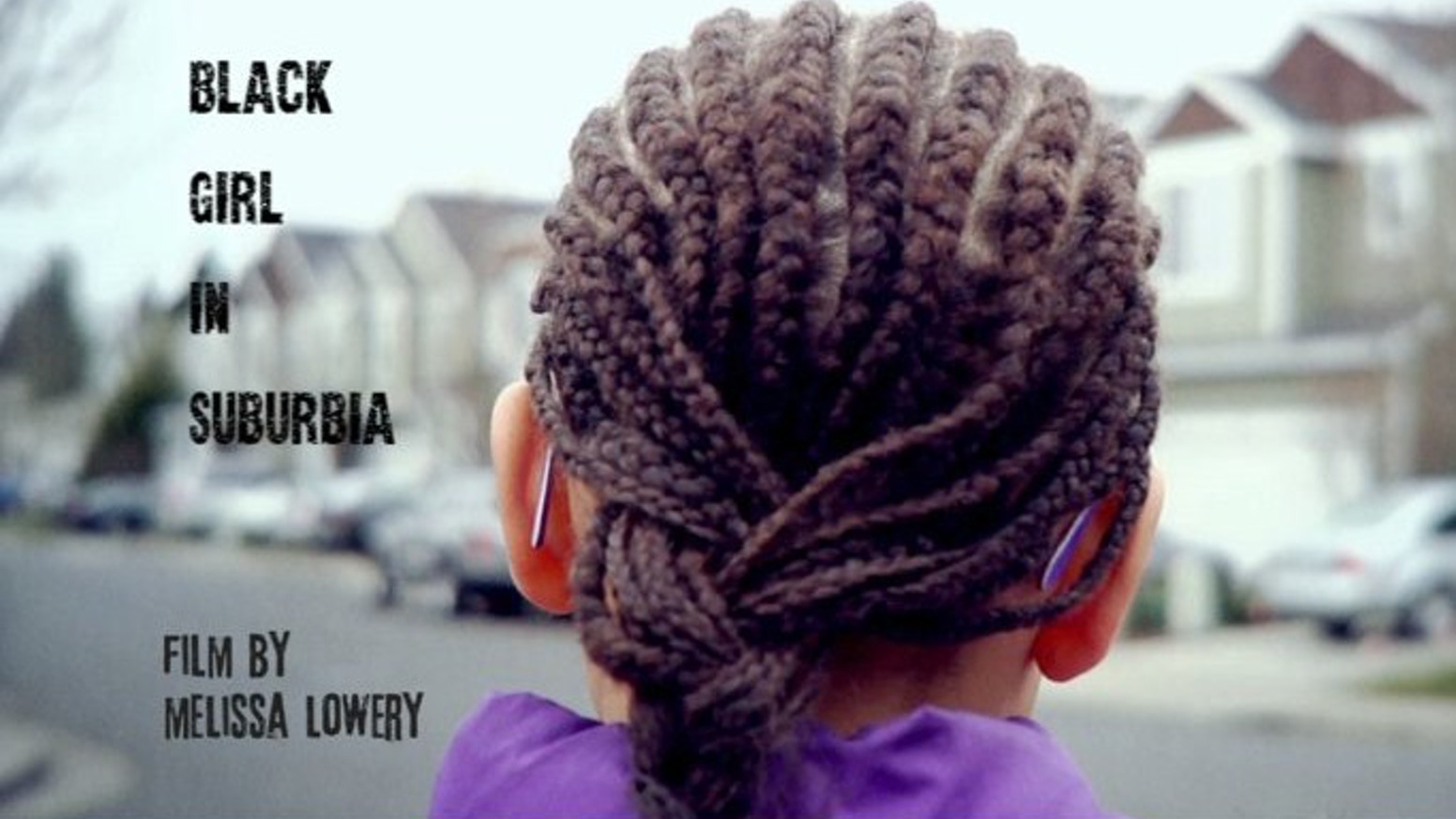
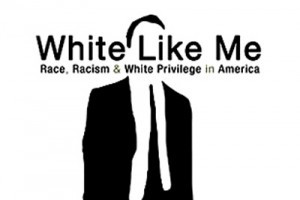
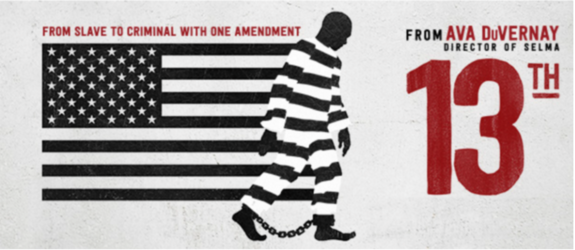
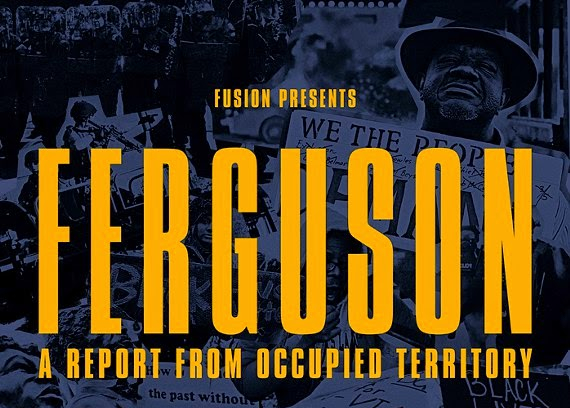
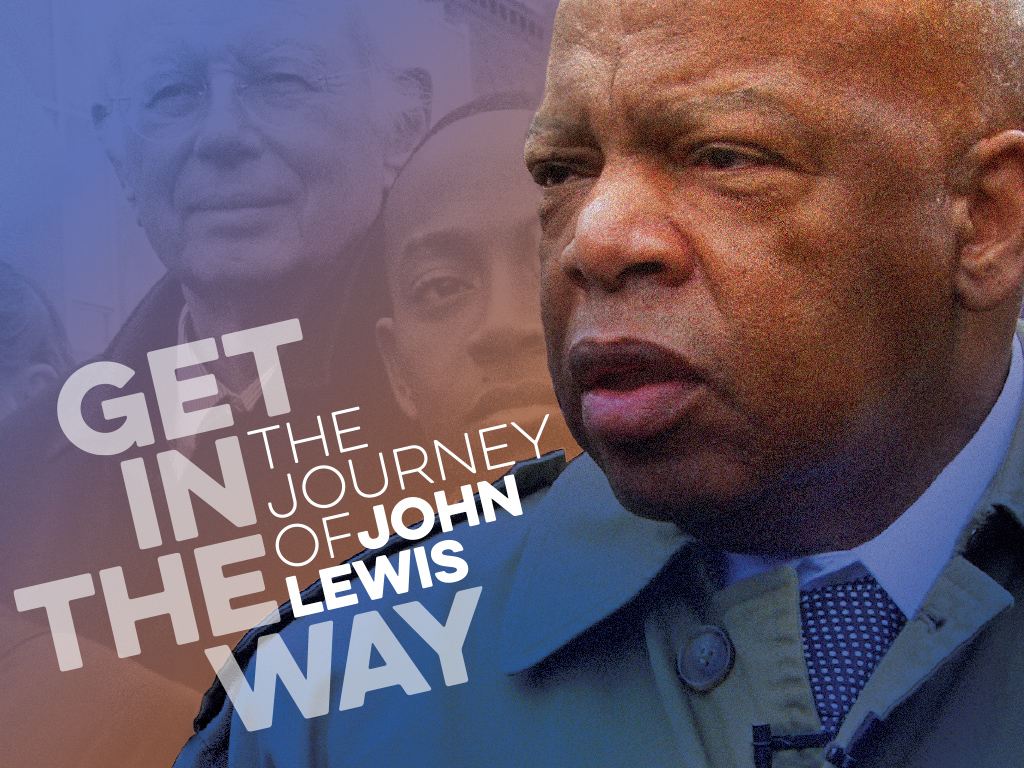
2022 Theme: Policing, Punishment, and Visions of Peace
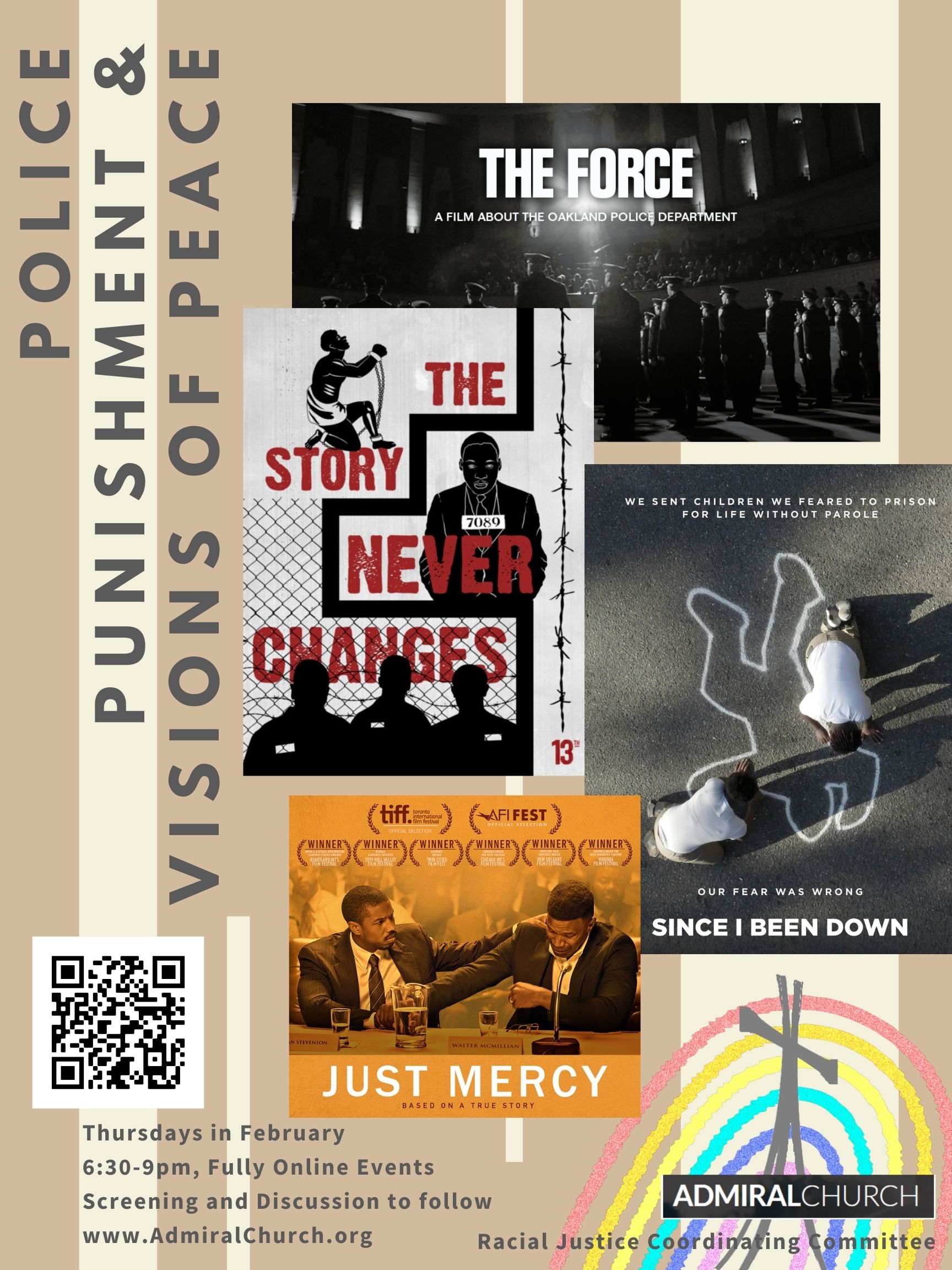
The FORCE (2017)
At a powderkeg moment in American policing, The Force goes deep inside the embattled Oakland Police Department as it struggles to reform itself amid growing local controversy. Winner of the Documentary Directing Award at the 2017 Sundance Film Festival, filmmaker Peter Nicks (The Waiting Room) embedded with the department over the course of two years to follow its serial efforts to recast itself. The film focuses on the new chief brought in to effect reform at the very moment the Black Lives Matter movement emerges to demand police accountability and racial justice both in Oakland and across the nation.
13th (2016)
Named after the United States Constitution's 13th Amendment, this documentary examines the history of slavery in the US, the impact of systemic racism on Black and African American people, and the resulting Civil Rights Movement.
Since I Been Down (2020)
The film unravels intimate stories from interviews brought to life through archival footage, cinema verité discussions, masquerade, and dance , unravelling why children commit violent crime and how these children – now adults – are breaking free from their fate by creating a model of justice that is transforming their lives, our humanity and a quality of life for all our children.
Just Mercy (2019)
World-renowned civil rights defense attorney Bryan Stevenson works to free a wrongly condemned death row prisoner.
2022 Summer Theme:
Black Women Shaping America
In-Person and Outdoors in our Backyard!
7pm 4320 SW Hill St. West Seattle
June 20- Hidden Figures (2016)
The story of a team of female African-American mathematicians who served a vital role in NASA during the early years of the U.S. space program.
July 18- Chisolm '72: Unbought & Unbossed (2004)
A documentary on Brooklyn-based Congresswoman Shirley's Chisholm's 1972 presidential bid.
August 22- Becoming (2020)
Join former First Lady Michelle Obama in an intimate documentary looking at her life, hopes and connection with others as she tours with "Becoming".


